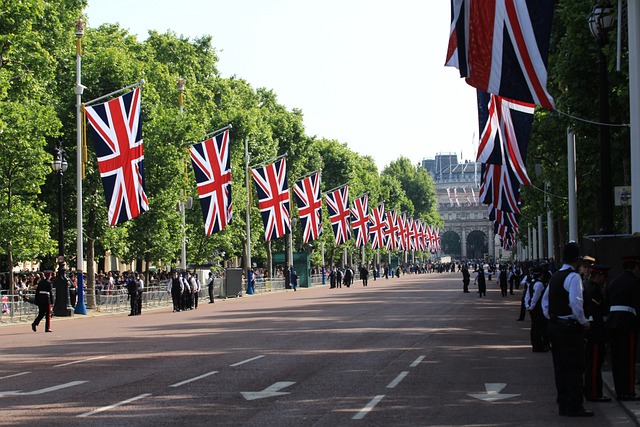The use of Received Pronunciation (RP) within the British royal family has evolved over the generations. Historically, members of the royal family were expected to speak with an RP accent, which was seen as a marker of their social status and cultural capital. This is reflected in the way previous generations of the royal family, such as Queen Elizabeth II and Prince Philip, spoke with a strong RP accent.
However, in recent years, the use of RP within the royal family has become less formal and more relaxed. This is exemplified by the differences in accent between King Charles and his sons, Princes William and Harry. While Charles has a more pronounced RP accent, both William and Harry have a more modern and relaxed form of RP that reflects the changing attitudes towards accents and pronunciation in the UK.
These changes in the use of RP within the royal family reflect a broader shift in attitudes towards accent and pronunciation in British society. As the UK becomes more diverse and multilingual, the traditional RP accent is no longer seen as the only standard form of English pronunciation. While it still holds an important place in the cultural and linguistic landscape of the UK, it is no longer seen as the only marker of good education and social status.
In conclusion, the use of RP within the British royal family has evolved over the generations, reflecting the changing attitudes towards accents and pronunciation in the UK. While RP still holds an important place in the cultural and linguistic landscape of the UK, it is no longer seen as the only standard form of English pronunciation.



